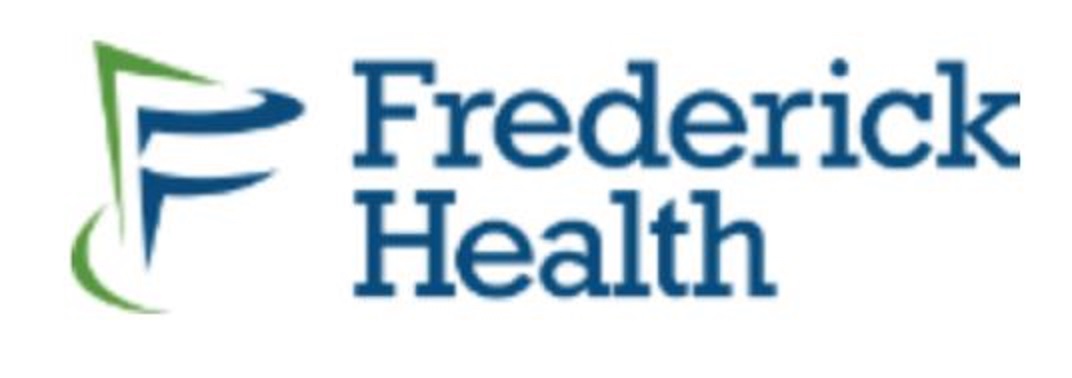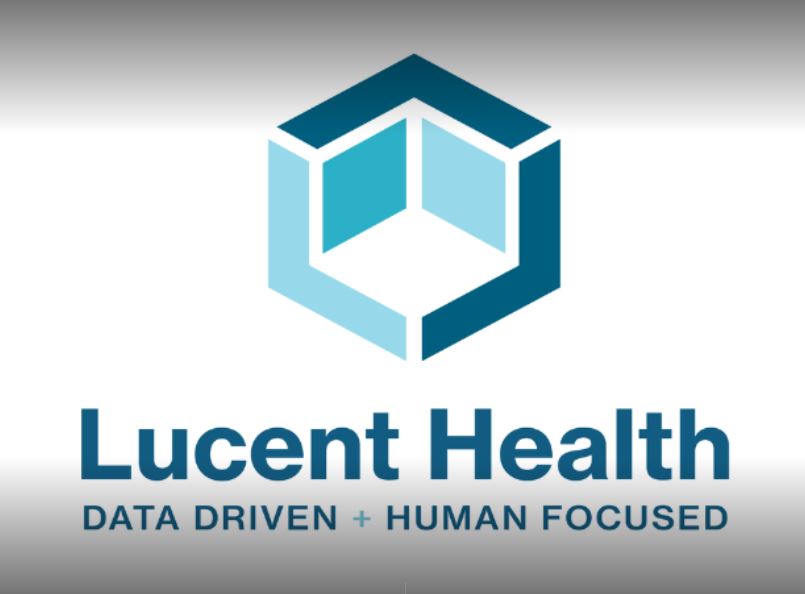Thriving Mind Data Breach Exposes 300k Clients to Identity Theft Featured

Thriving Mind of South Florida’s failure to implement industry standard security measures enabled hackers to steal client identities.
A class action lawsuit was recently filed in the wake of an announcement by South Florida Behavioral Health Network (“SFBHN”) d/b/a Thriving Mind South Florida (TMSF) that it’s network was breached and cybercriminals had stolen sensitive personal client information.
What Happened?
According to a notice filed with the Attorney General of Massachusetts, On August 3, 2023, TMSF detected suspicious activity within its computer network prompting the company to secure its network and launch an investigation. On March 25, 2024, the investigation confirmed that an unauthorized party had gained access to its computer network between August 1, 2023 and August 3, 2023 and that during this time, certain internal files were obtained without authorization.
On May 29, 2024, TMSF sent out data breach letters to individuals whose information was affected by the breach.
What Information Was Stolen During the Breach?
TMSF explains that the incident resulted in an unauthorized party being able to access consumers’ sensitive information, which includes –
- names,
- Social Security numbers,
- dates of birth,
- medical information,
- health insurance information, and
- financial information.
What is TMSF Doing to Protect My Identity?
In its notice to affected individuals, TMSF states that is working to prevent similar future incidents by further enhancing its network security through the use of additional security tools and protocols.
TMSF is also offering affected individuals twelve (12) months of complimentary credit monitoring and identity restoration services. According to the notice published on it’s website, TMSF clients who did not receive a letter but would like to know if they are affected are invited to call a dedicated assistance line.
What Can Hackers Do With My Information?
Stolen PII and PHI can be used to commit identity theft, open new credit accounts, make unauthorized purchases or obtain loans. Cyber-criminals have recently targeted America’s essential industries and in so doing have forced millions of Americans to face the fallout from these attacks.
Leaked or stolen data can be sold on the dark web forums and may be used for fraud and medical identity theft, a type of fraud, where threat actors use stolen information to submit forged claims to insurers.
Clients affected by the breach are exposed to a heightened and imminent risk of fraud and identity theft. They must now and in the future closely monitor their financial accounts to guard against identity theft and fraud.
If you receive a data breach notification from TMSF, it is essential you understand what is at risk and what you can do about it. A data breach lawyer can help you learn more about how to protect yourself from becoming a victim of fraud or identity theft, as well as discuss your legal options at no cost to you. For more information, please review these recommendations.
Protect Your Identity. Join the TMSF Data Breach Class Action.
The lawsuit alleges that TMSF breached its duties under common law and the Federal Trade Commission Act to implement reasonable security measures, comply with industry standards and federal data-security regulations, encrypt sensitive data, and provide adequate and timely notice of the breach.
If you receive a notification letter from TMSF, you are at permanent risk of identity theft and the devastating financial and legal consequences that go along with it.
You may be eligible to participate in a class action lawsuit to recover compensation for loss of privacy, time spent dealing with the breach, out-of-pocket costs, and more.
The lawsuit looks to cover anyone in the USA whose private information was compromised by the breach announced by TMSF.
Please complete the below form shown on this page and a data breach attorney will contact you. There is no cost to you.









